 By Frederick Simanjuntak, Tesalonika Barus and Anastasia Anggita, Makarim & Taira S.
By Frederick Simanjuntak, Tesalonika Barus and Anastasia Anggita, Makarim & Taira S.
The Indonesian aviation sector has grown rapidly over the past few years. Due to this, airlines and lessors have been capitalising on the general availability of diverse sources of funding. In particular, aircraft sale-leaseback or lease transactions are used more frequently due to competitive pricing and Indonesia has been trying to develop a legal framework to accommodate the financing and leasing of aircraft.
Regulatory position
Indonesia has ratified the Cape Town Convention, which assures lenders protection of their interests in aircraft as it provides international registration for creditors and debtors for their security interests, and provides a set of basic remedies in the event of debtor default.
The Cape Town Convention is further implemented under the Civil Aviation Safety Regulation Part 47, regarding Aircraft Registration (CASR 47) issued by the Directorate General of Civil Aviation (DGCA) of the Ministry of Transportation. CASR 47 regulates approval for the procurement of aircraft, aircraft registration certificates, aircraft dealer and manufacturer registration certificates and the Irrevocable Deregistration and Export Request Authorisation (IDERA).
Registration of aircraft in Indonesia
As a general rule, if an aircraft is to be operated in Indonesia, the aircraft should be registered in Indonesia. Otherwise, the aircraft may only fly between one Indonesian airport and foreign airports. The DGCA maintains the aircraft registry in Indonesia. Under CASR 47, an aircraft must be registered only by and in the legal name of its owner. However, the aircraft registry also includes details of the operator of the aircraft if it is different from the owner and, therefore, registration may also be done by the authorised proxy or operator of the aircraft (lessee).
The Certificate of Registration (COR) issued by the DGCA is not evidence of ownership of an aircraft and the DGCA does not endorse any of the information on the COR. The DGCA issues a COR to the person deemed the owner based on the evidence of ownership submitted, eg the bill of sale, lease agreement between the operator (lessee) and the lessor (owner) or the record in the Civil Aircraft Register. Under CASR 47, a COR is valid for three years as of its registration date. A COR may be revoked (i) upon receipt of an application submitted by the owner of the aircraft or the authorised proxy because, for example, the lease agreement has expired; (ii) at the request of the holder of the IDERA (discussed further below) or (iii) if the operator fails to maintain its worthiness certificate for three consecutive years.
If the aircraft is transferred to a third party, the holder of the latest COR must then apply for the re-registration of the aircraft.
Security over aircraft
Indonesia has no regulation yet specifically governing security over aircraft. Therefore, suitable security is open to interpretation and creditors face a risk in aircraft finance transactions.
Indonesia has also never had an official registry of aircraft mortgages. Before the Aviation Law (Law No. 1 of 2009 on Aviation) was enacted, the DGCA used to accept the filing of aircraft mortgages by simply recording the mortgages in its books. Since the Aviation Law came into effect, aircraft mortgages should be registered with the International Registry as Indonesia has not established a local International Registry.
Given the issue of the registration of mortgages, in practice, lessors usually require security regarding fiduciary assignment over insurance and reinsurance claims related to the aircraft. Fiduciary assignment is governed by Indonesian law if it is drawn up in notarial deed form before a notary public in Indonesia and registered with the Fiduciary Registration Office.
IDERA
Under CASR 47, the registered operator (or lessee) or owner may issue an IDERA in favour of the creditors as the authorised parties if the aircraft has obtained an Indonesian Certificate of Registration (COR). These creditors include: (i) the Chargee under a security agreement; the conditional seller under a title reservation agreement, or; (iii) the lessor under a lease agreement (Authorised Party).
DGCA acknowledges and will record an IDERA so long as the IDERA is submitted using the form prescribed and it is completed properly. Only one IDERA can be granted and registered with the DGCA for each aircraft. Moreover, an IDERA can only be revoked at the request of the Authorised Party or a certified designee, and the record of the IDERA will then be deleted. Therefore, creditors’ rights as the Authorised Parties would be protected as only they can apply for the deregistration of the aircraft in Indonesia and remove the aircraft out of Indonesia.
Expected developments
In November 2019, the DGCA issued a statement regarding the amendment of CASR 47. In practice, some technical restrictions under CASR 47 become an issue. Accordingly, it is proposed that several provisions of CASR 47 should be loosened because of technical issues, eg (i) evidence of ownership no longer needs to be notarised as a certified true copy; (ii) if the applicant for a COR is not the owner of the aircraft, evidence of control over the aircraft no longer needs to be notarised (the DGCA will rely on the written statement the applicant submits for confirming the validity and correctness of the data submitted); and (iii) clarity about the default for the deregistration of an aircraft. These remain to be seen until the DGCA issues the new or amended CASR 47.

E: Frederick.Simanjuntak@makarim.com
E: Anastasia.Anggita@makarim.com


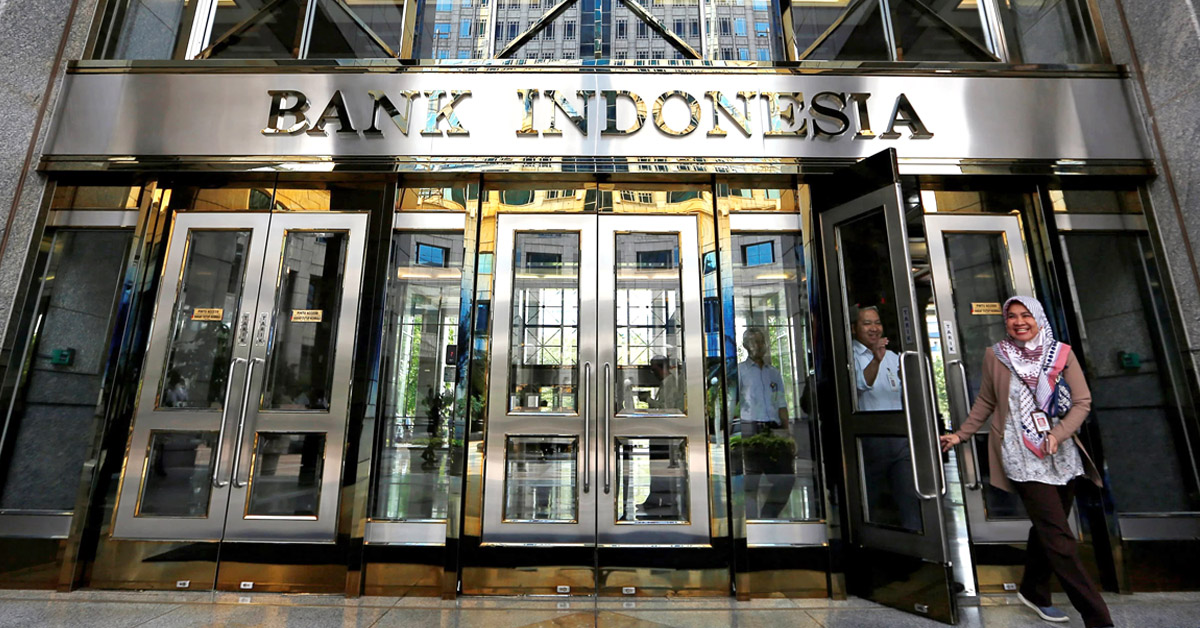



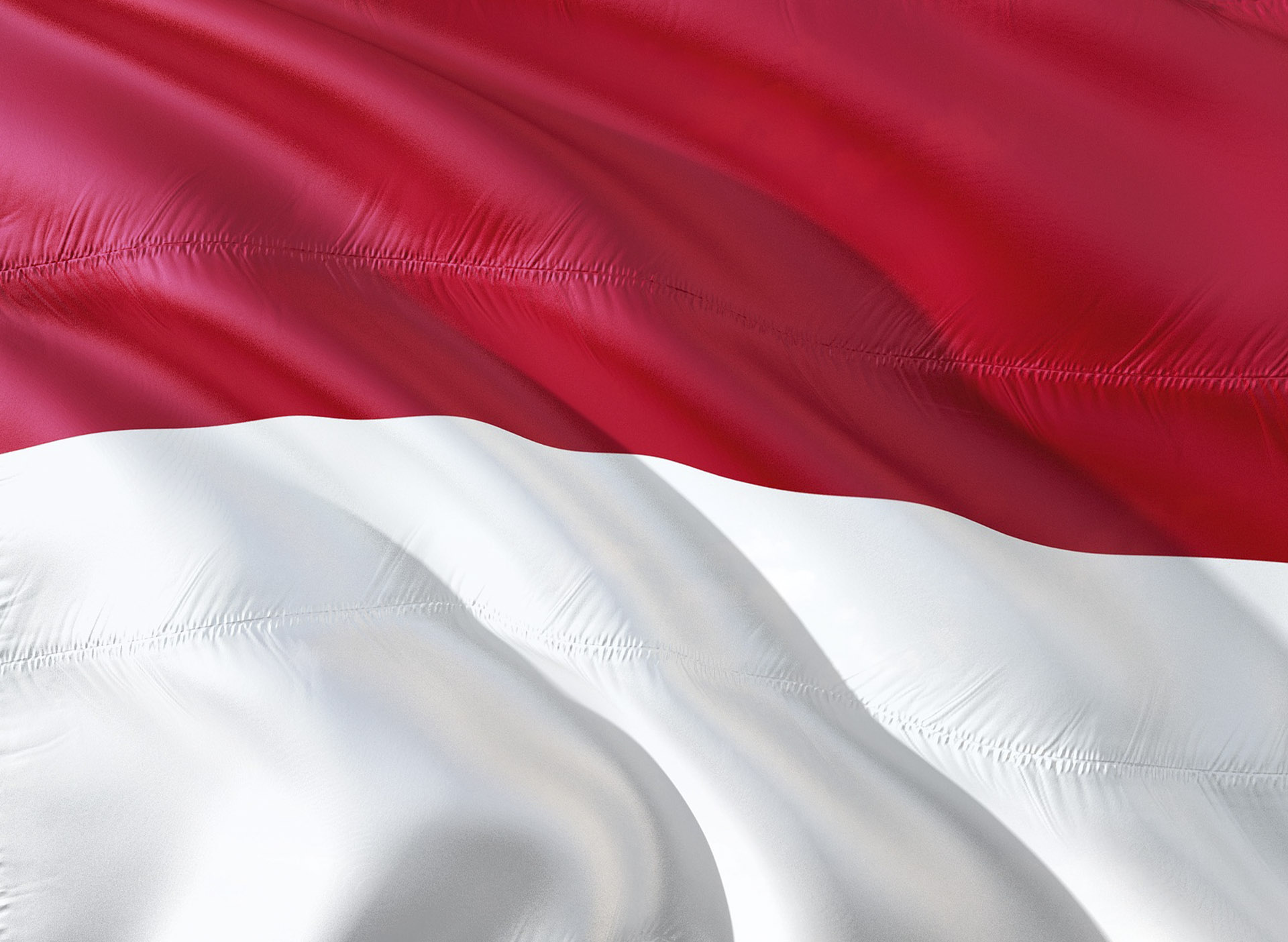


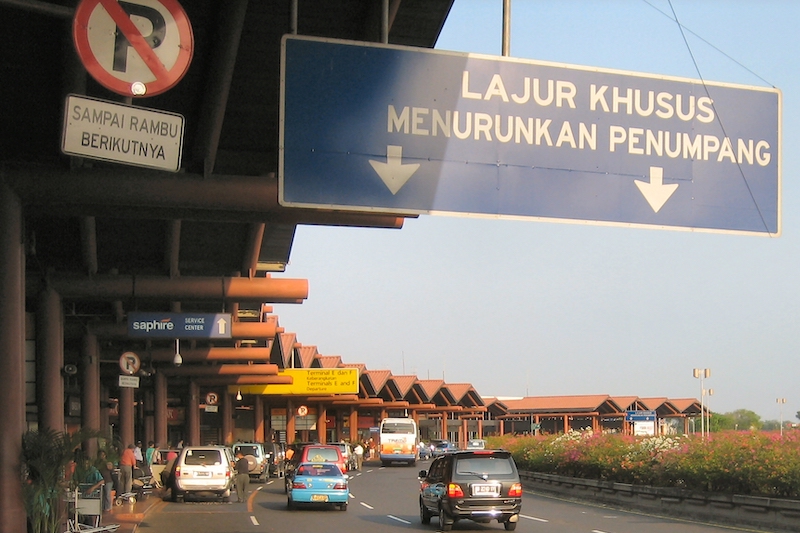
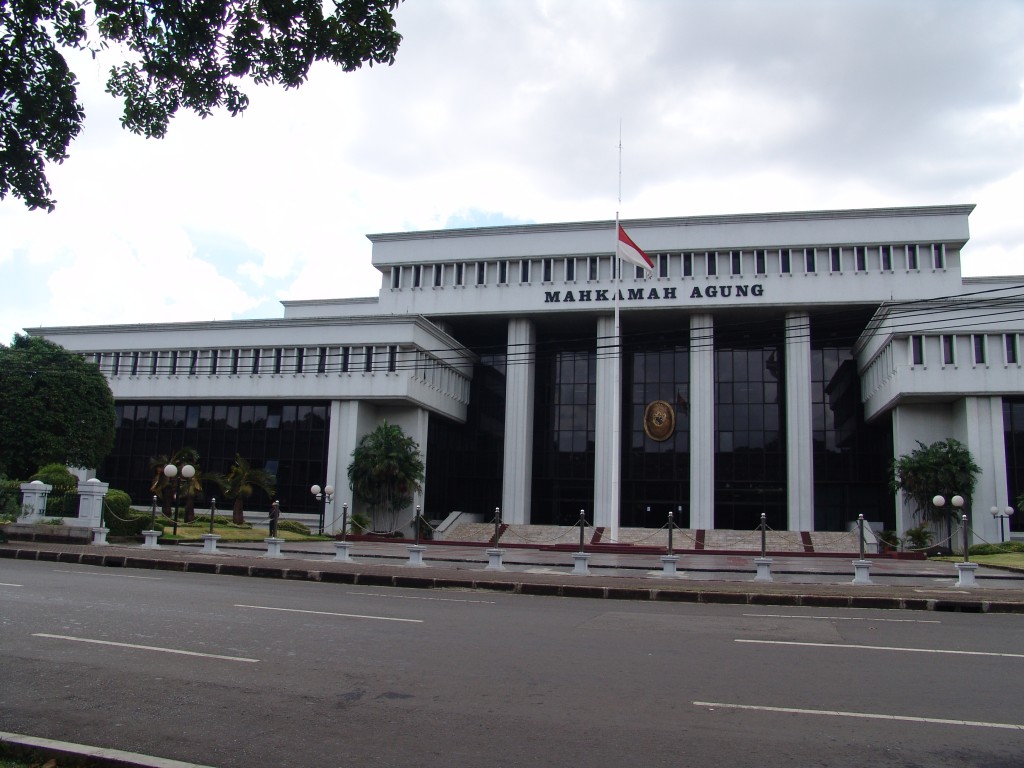






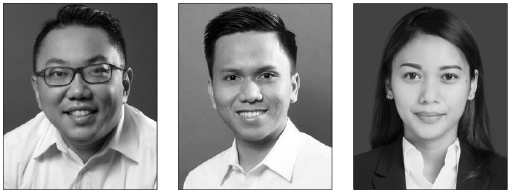






 Makarim & Taira S. (Old)
Makarim & Taira S. (Old) Rahayu Ningsih Hoed
Rahayu Ningsih Hoed







